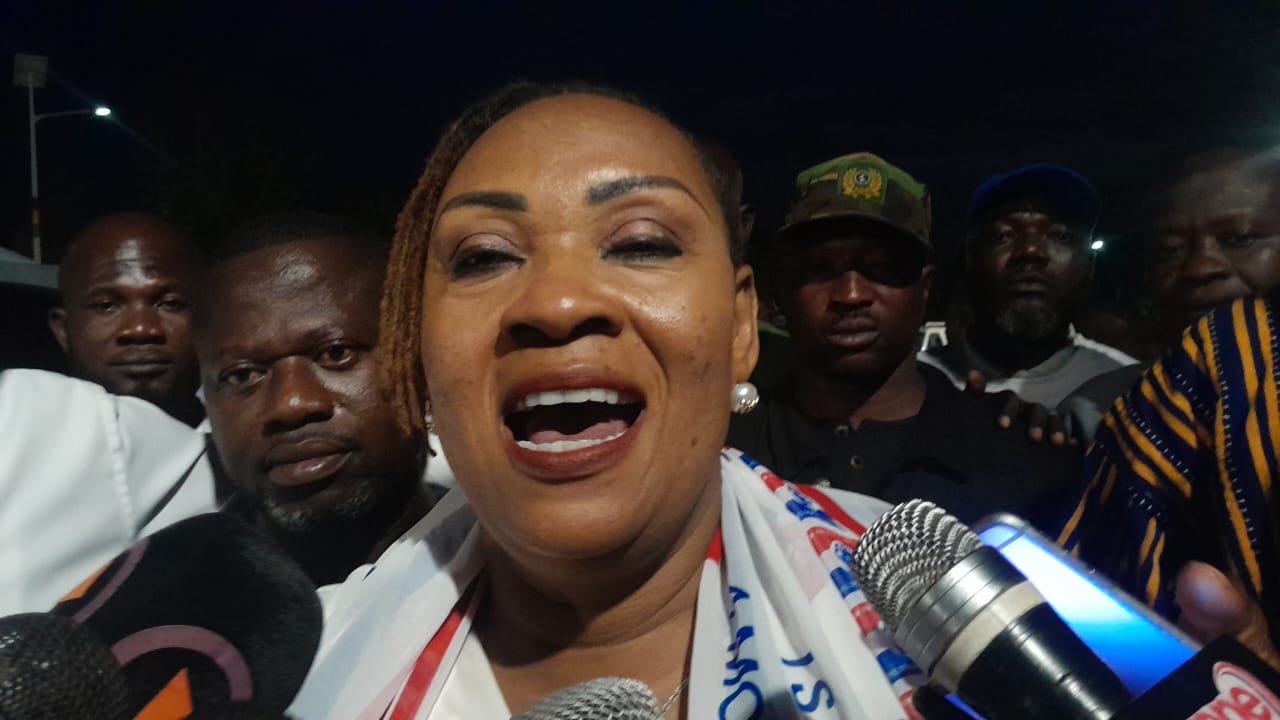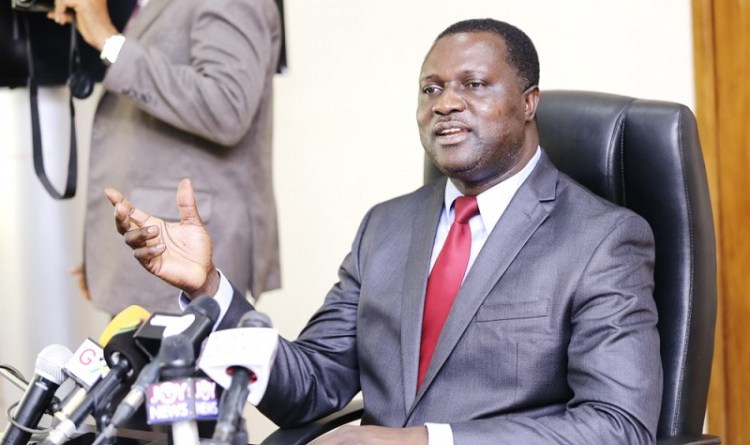
Introduction
IN the pursuit of growth and excellence, leaders across all spheres often look to the company of high achievers, individuals who bring out the best in others, set inspiring standards, and challenge their peers to reach new heights. These circles of influence undoubtedly drive ambition and success. However, true leadership goes beyond exclusive networks and lofty targets; it requires stepping down from these heights to engage meaningfully with those who face different challenges and have fewer resources at their disposal. By connecting with people at every level, particularly those who lack privileges, leaders gain invaluable insights into the realities and struggles that shape the lives of the majority.
For Ghana’s leaders, whether they operate in the corporate world, public sector, or in personal capacities, this blend of high-reaching ambition and down-to-earth accessibility is crucial. It is through these grounded engagements that leaders can foster genuine trust, demonstrate empathy, and cultivate an operational environment that truly reflects the values and needs of their people. This balance doesn’t just humanize leadership; it equips Ghana’s leaders with the perspectives needed to bridge societal gaps, inspire collective purpose, and drive meaningful, inclusive growth. By making space for understanding and unity, Ghanaian leaders position themselves not only to elevate their organisations but also to contribute to a stronger, more connected society where progress is shared by all.
Connecting “have-lots” with “have-nots”: When high ambitions meet ground-level realities
Leaders who focused solely on high-level goals can miss valuable insights from the ground level. In Ghana, cultural wisdom highlights the importance of humility and return to roots. The Akan proverb, “Se wo were fi na wosan k)fa a, y3nkyer3 wo” (“If you forget and return to retrieve something, it is not held against you”), reflects the idea that reconnecting with one’s beginnings brings understanding and insight.
This connection is critical in Ghana’s workforce. When leaders engage directly with teams, they demonstrate a commitment to shared goals, inspiring loyalty and dedication. Companies like Kasapreko and Zenith University College of Science and Technology, whose executives frequently join operational floors, embody this approach, showing that such involvement can drive both productivity and morale.
A study by the Ghana Association of Industries showed that companies with engaged leadership reported a 25 per cent productivity increase over those where leaders remain detached from the workforce.
When leaders “scratch with the turkeys”: Public sector engagement
When leaders in Ghana’s public sector embrace the philosophy of “scratching with the turkeys” stepping into the everyday experiences of citizens and frontline workers, they foster a unique sense of trust, accountability, and shared purpose. By engaging directly with operational teams and communities, these leaders gain firsthand insights into the day-to-day challenges, creating a foundation for practical, impactful solutions. This approach resonates across various sectors but stands out distinctly in areas like sanitation, healthcare, and public infrastructure, where the direct involvement of leaders has a visible and immediate impact on service quality and community morale.
Take Ghana’s sanitation sector as a prime example. When the Minister of Sanitation joins hands with citizens and cleanup teams during National Sanitation Day efforts, it sends a powerful message of commitment and solidarity. This direct engagement not only reinforces public trust but also motivates greater community involvement, as people see their leaders participating in the same efforts they are asked to support. The increased turnout for sanitation events underlines a crucial insight: when citizens witness their leaders’ dedication to the same causes, they are championing, they are more likely to feel invested in the outcome.
Beyond improving turnout and participation, this hands-on leadership approach also fosters accountability within government operations. When public sector leaders are visible and engaged on the ground, they are better positioned to observe inefficiencies, gauge resource needs, and address any disconnects between policy and execution. This real-time, on-the-ground feedback loop ensures that decisions are not just top-down directives but rather grounded in the realities that citizens face every day.
Ultimately, public sector leaders who “scratch with the turkeys” contribute to a culture of accessible governance. By demonstrating empathy and understanding, they bridge the gap between policy-making and public experience, reinforcing the notion that leadership in Ghana is about shared efforts and mutual progress. In sectors critical to public welfare, this approach transforms bureaucratic operations into more human-centered, responsive services, reinforcing the idea that impactful leadership thrives on genuine, consistent connection with the people it serves.
Getting hands dirty:
When leaders participate directly with teams, the benefits extend beyond morale to financial gains and operational efficiency. According to a 2022 survey by the African Development Bank, Ghanaian organisations fostering open connections between executives and employees achieved a 15 per cent increase in efficiency and reduced turnover by 20 per cent. Such involvement reflects a broader leadership culture in which “scratching with the turkeys” is a form of engagement, not a compromise.
The approach is not about lowering standards but about meeting people where they are. Ghanaian leaders committed to growth can take valuable lessons from connecting with their workforce, fostering an environment where employees feel valued and empowered. This philosophy is deeply embedded in Ghanaian values and has been a driver of resilience and community growth.
Creating Balance in Ghanaian Leadership
For Ghana’s evolving landscape, where growth is projected at 5% by 2025, leaders who balance high aspirations with ground-level connections will be essential. As Ghanaian leaders strive for ambitious goals, engaging authentically with their teams and communities will foster a work culture grounded in respect and mutual support. This balanced approach will ultimately contribute to a unified, productive, and sustainable future for Ghana.
Lessons for Growth
1. Prioritise empathy and connection:
Leaders should actively engage with employees, appreciating their daily challenges and contributions. This fosters trust and motivation, enabling teams to feel valued and invested in organisational success.
2. Balance ambition with accessibility:
High standards are essential, but accessibility matters. Leaders who remain approachable and grounded build stronger, more cohesive teams that are better equipped to pursue ambitious goals collectively.
3. Invest in mentorship and training:
By mentoring and ups-killing employees, leaders create a workforce capable of greater responsibility and initiative, directly impacting productivity and morale.
4. Lead by example:
Hands-on leadership is impactful. When leaders are willing to “get their hands dirty,” they inspire commitment and a stronger work ethic across the board, translating to better outcomes at every level.
5. Align goals with cultural values: Drawing on Ghanaian values of community, humility, and resilience, leaders can foster an environment of mutual respect, empowering individuals to grow in alignment with the organisation’s vision.
Conclusion
In conclusion, the pathway to Ghana’s sustainable development and economic growth rests heavily on leaders who are not just visionaries but also empathetic stewards of progress. Leaders in Ghana, across all domains, corporate, public, and personal, can drive transformation by balancing ambitious visions with an unwavering commitment to understanding the needs and realities of those they serve. This approach fosters an environment where resilience, innovation, and loyalty thrive, establishing a workforce that is not only equipped to meet today’s demands but is also prepared for the challenges of tomorrow.
As Ghana pushes toward its aspirations, leaders who are willing to engage genuinely with their teams inspire trust and commitment, creating a ripple effect that enhances morale and productivity across all levels. By nurturing these meaningful connections, leaders not only amplify their capacity for success but also become pivotal contributors to a collective national growth story. Ultimately, it is this blend of high-reaching goals and grounded, inclusive leadership that will propel Ghana toward a future defined by shared prosperity, unity, and long-term success.
BY PROF. SAMUEL LARTEY
The post Balancing high ambitions: Connecting ‘have-lots’ with ‘have-nots’ appeared first on Ghanaian Times.
Read Full Story










Facebook
Twitter
Pinterest
Instagram
Google+
YouTube
LinkedIn
RSS